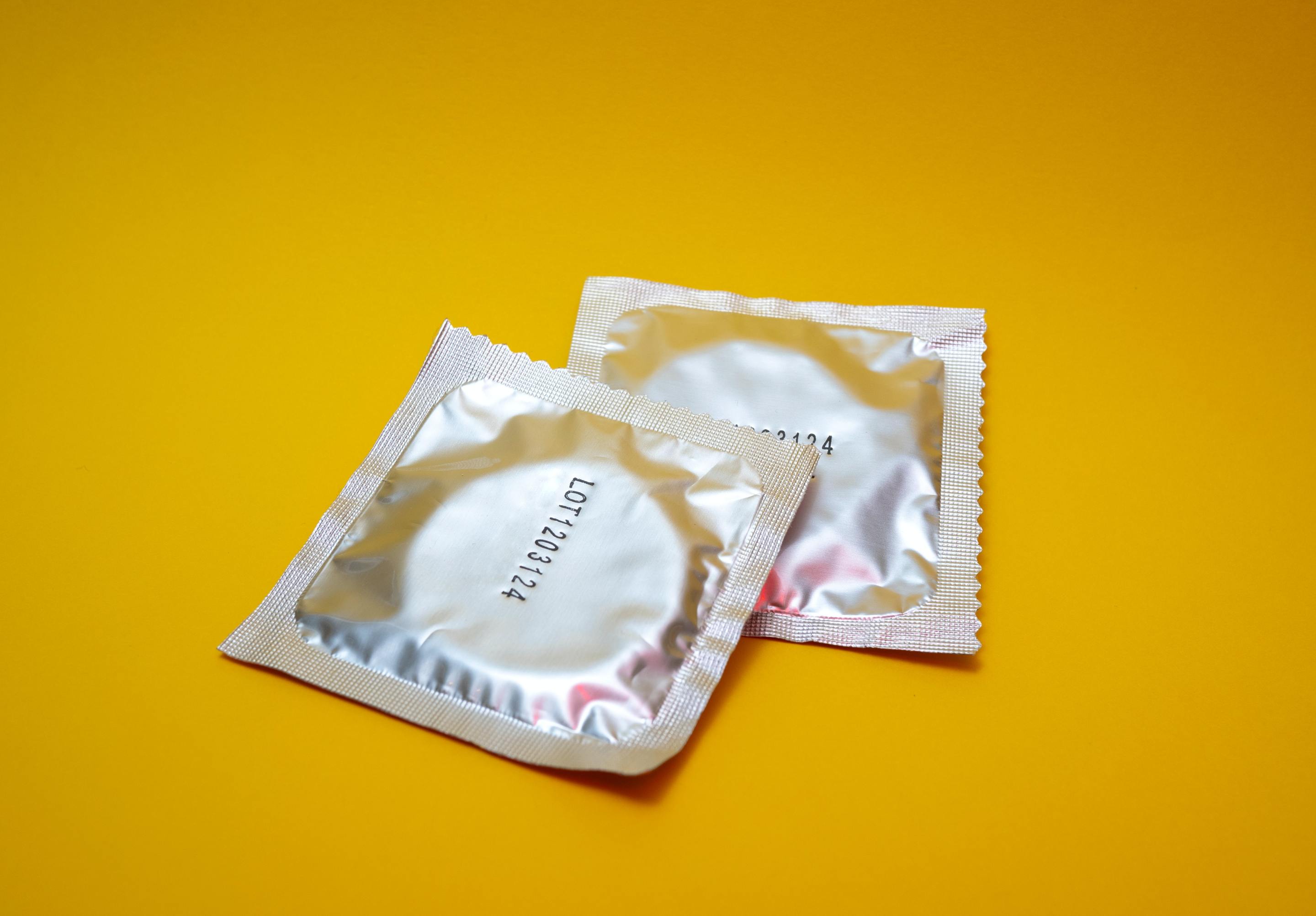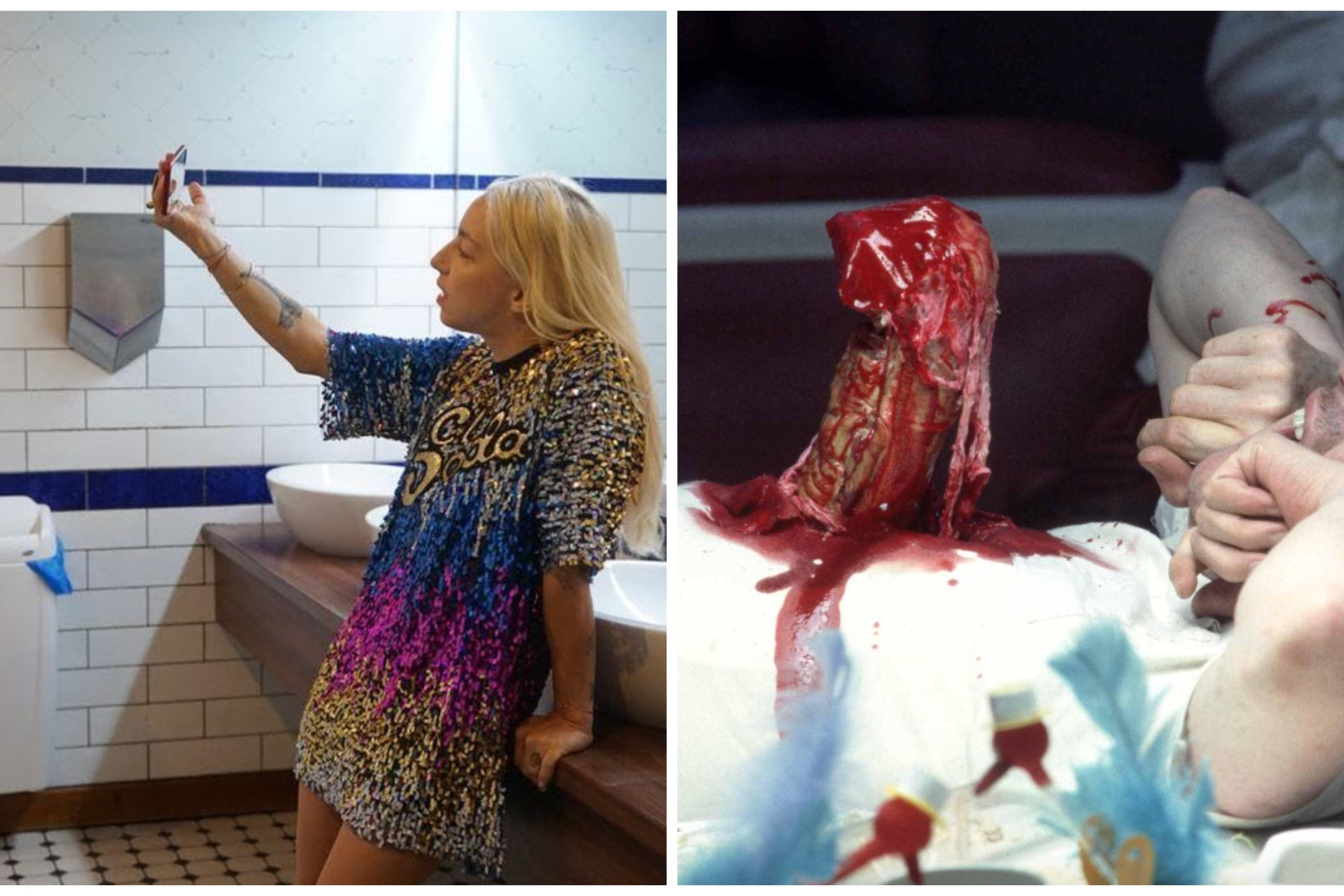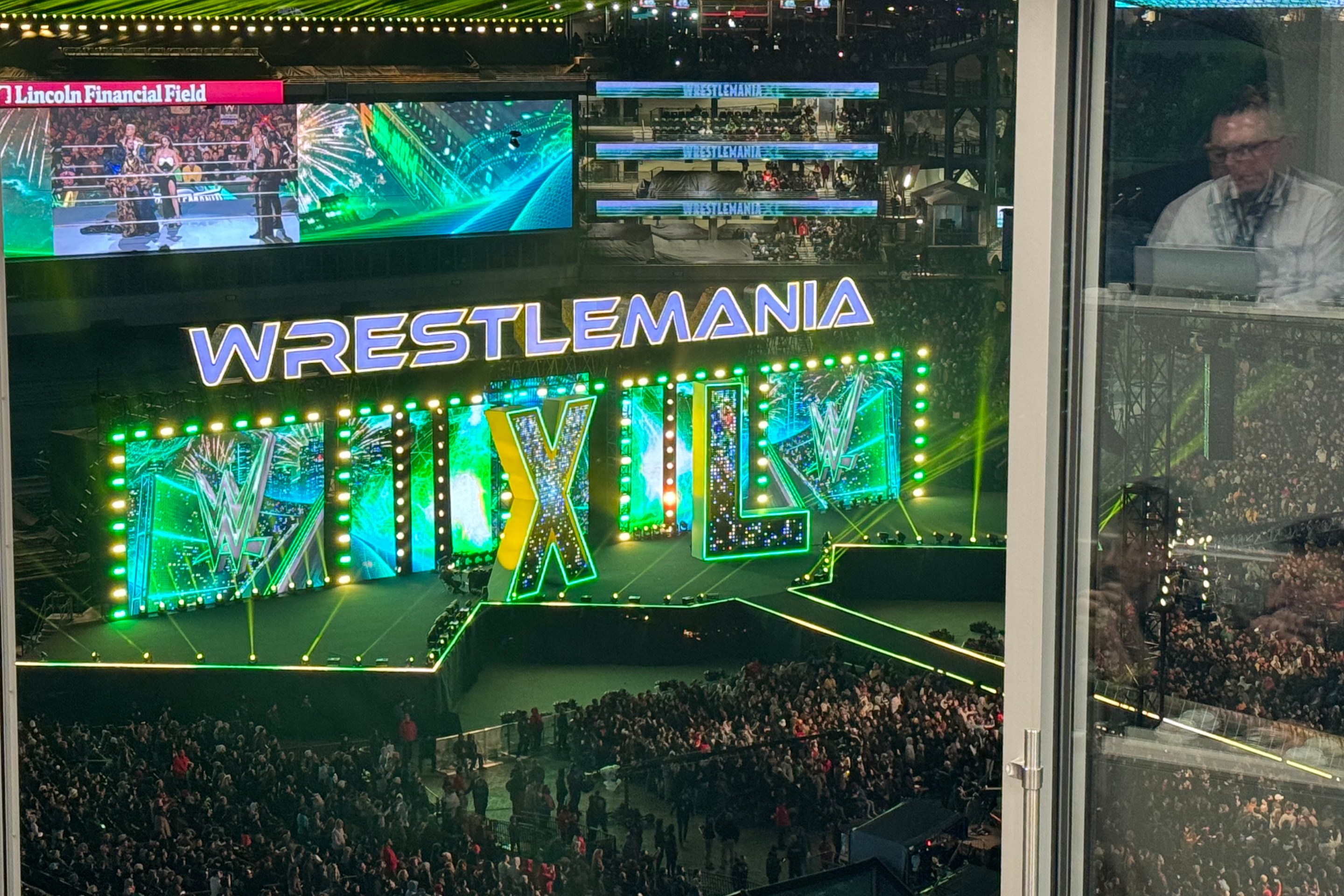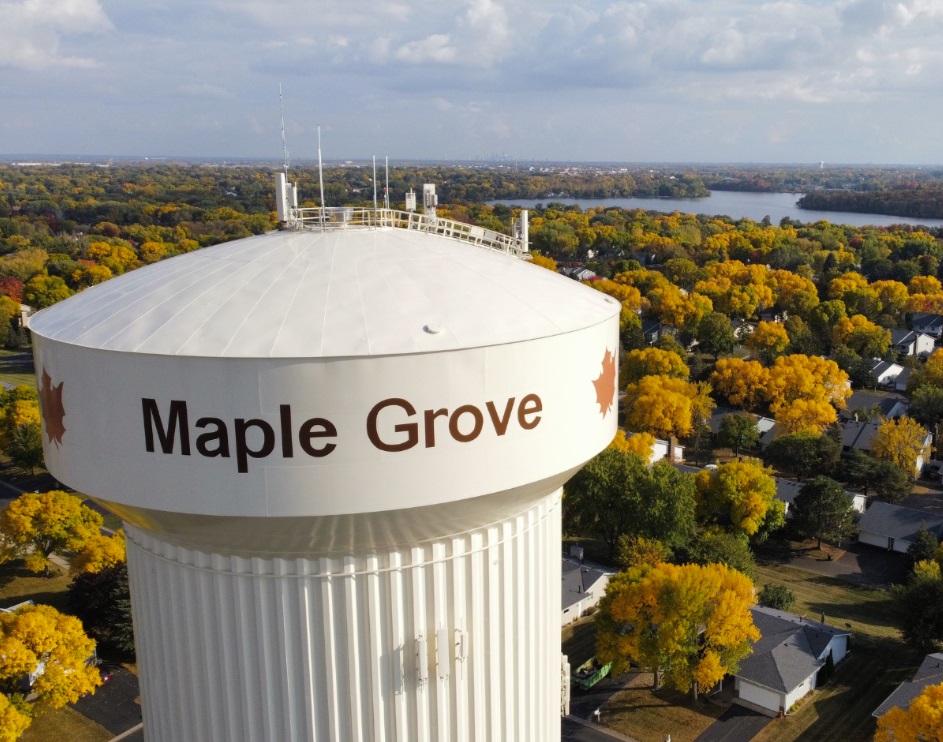When Representative Sydney Jordan (60A) started advocating for a comprehensive sex education bill in Minnesota, she thought the subject of consent would be a given. After all, how can you teach students anything about sex without talking about consent? Wouldn't consent be a natural starting point, even?
But Jordan has found that while many Minnesotans support comprehensive sex ed for students—a study found that 89 percent of parents believe it's important to have sex education in middle school, and 98 percent say the same for high school—it's been challenging to pass legislation.
Jordan isn’t the first elected Minnesotan to fight for more inclusive sex ed. Her bill, HF 358, has been around in other iterations for years, beginning in 2000 with Rep. Neva Walker. Historically, it’s failed to pass through the senate and be assigned to a committee.
When Jordan was elected in the 2020 special election, she was asked by activist groups in the cities, including the ACLU and Planned Parenthood, to carry the bill forward yet again in the hopes that opponents would finally read it.
Minnesota currently has no statewide standard for sexual health education. HF 358 would require the Minnesota Department of Education to develop a sexual health curriculum, one that each public and charter school would adopt.
“I want to empower students, especially students of gender minorities, because we can’t be seen as defaults—we need tools to take about our bodies,” Rep. Jordan says. “When even consent is controversial, it is important we are talking about the entirety of comprehensive sex education.”
All curricula would have to be age-appropriate and comprehensive, with consent at the core, but Jordan says opponents of the bill seem to believe that the curriculum is already written and ready to corrupt youth’s minds.
Republican lawmakers like Rep. Susan Akland (19A) predicted a future of “obscene, pornographic and not culturally sensitive” materials, while Rep. Glen Gruenhagen (18B) spoke of the “God-given characteristics of modesty” Minnesota youth would be losing if they learned about topics like consent, safe sex, and healthy relationships.
Prior Lake City Councilmember Annette Thompson went as far as to misrepresent FBI wording about sexual predators, writing in a letter to the Prior Lake American that the theoretical future curriculum would be comparable to “grooming children with pornographic images and explicit sexual instructions to remove natural defenses.”
Students, on the other hand, tell Racket that without comprehensive sex ed, they receive outdated and inaccurate information that leads to confusion, shame, and uncertainty.
Rhea Rajvansh, a senior in Apple Valley and an at-large member of the Minnesota Youth Council, has been pushing for the passage of HF 358 within the council and her community. She says her sexual education stressed abstinence and didn’t explain consent, how to get it, or how to take it away.
“One thing they failed to understand is, first, a lot of us have already had sex,” she says. To her point, a 2019 Minnesota student survey found that 12% of ninth graders in Minnesota have had sex. In 11th grade, that figure climbs to 34%.
Roughly 38% of participants in the student survey marked that they use the withdrawal or “pull-out” method of birth control, which does not protect against STI’s and can fail. “As teenagers, we are free to explore our bodies—it’s inevitable—however, they don’t give us the correct resources or information to have sex in a safe manner,” Rajvansh says.
She adds that students in underrepresented groups—especially queer students, women of color, and disabled students—feel left out of conversations about sex ed, because the version they get in school doesn’t apply to them. She wants to see conversations about all different types of sex with steps for inclusive education that provides accuracy.
17-year-old P.G., a high school student from Hibbing, feels the same: “I’m a lesbian, so nothing that I am learning really applies to me at all.” That’s a problem, since the same student survey found that 14% of male high school students and 26% of female high school students identify as something other than heterosexual.
P.G. says their sex ed has been biology-based—as in, a penis goes in a vagina and then pregnancy occurs. With no discussion of pleasure, recognition of queer sex, or conversations around intimacy, it felt like it was described as a forbidden exchange. They’ve sought out representation, but besides one small pride flag in the main hallway taped on a bulletin board, their queerness feels invisible.
“It’s hard feeling like the only ‘real sex’ is straight sex,” P.G. says. “We aren’t taught how to be safe with female partners, and everybody with a vagina in the class always feels like something is wrong with their body. I want people my age to have resources in school to feel safe.”
Madison, a former student from Maple Lake, know she’s a bit luckier than some other students in the state. She said her sex ed was bad, but compared to horror stories she had heard, it could have been worse.
At her school, students could opt-out of sex ed for religious reasons. Regardless, sex was still shown in a “very negative viewpoint,” and she said teachers “tried to scare” students into never having sex with graphic photos of STI’s, the threat of pregnancy, and other abstinence-only tactics.
Because her school didn’t touch on consent, she remembers the women around her feeling like there was “a sense of duty” to have sex with their male partners if it was what their partner wanted to do and many described experiences of normalized sexual assault because they did not know they could say no.
“It was all really traumatizing, and I know it is because of a lack of information in our sex ed classes,” she says.
Almost a decade later, Madison still remembers when a friend who opted out of the class said to her, “How do you feel knowing you are going to hell for having sex with your boyfriend?”
Maddie Love was a sex educator with Planned Parenthood when she was in high school in Rochester. At 17, she was teaching her peers about STI’s, safe sex and consent, something she wasn’t getting through sex ed at school.
She’d heard about women who had premarital sex being compared to chewed gum, old band-aids, or used shoes. Even though she felt empowered and glad to teach sex ed through Planned Parenthood, there was a little voice in the back of her mind saying, “Am I disgusting?”
“It is powerful messaging, especially when it comes from adults in your life,” Love says. “HF 358 will be a big step toward doing better for students; the hurdle is getting it passed and enforced. But still, we need to create more resources for Minnesota students.”
Rep. Jordan says that her existence as a legislator depends on the bill, and she plans to fight until it’s passed.
“I will introduce the bill during the next session and push for it to pass, otherwise I won’t be running next term,” she says. “Those are the only two ways that I stop pushing for this bill.”





